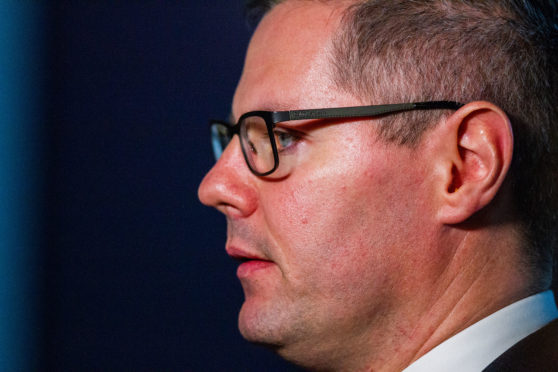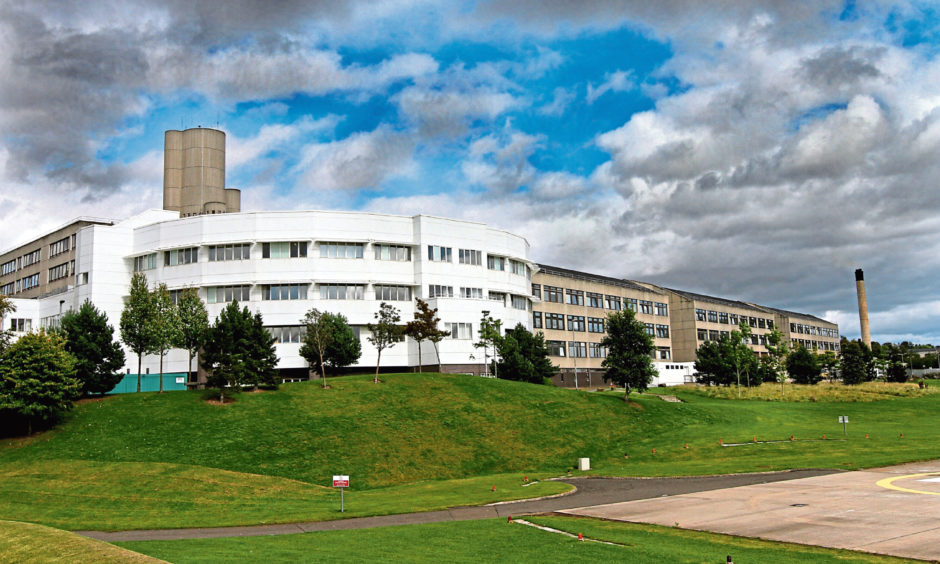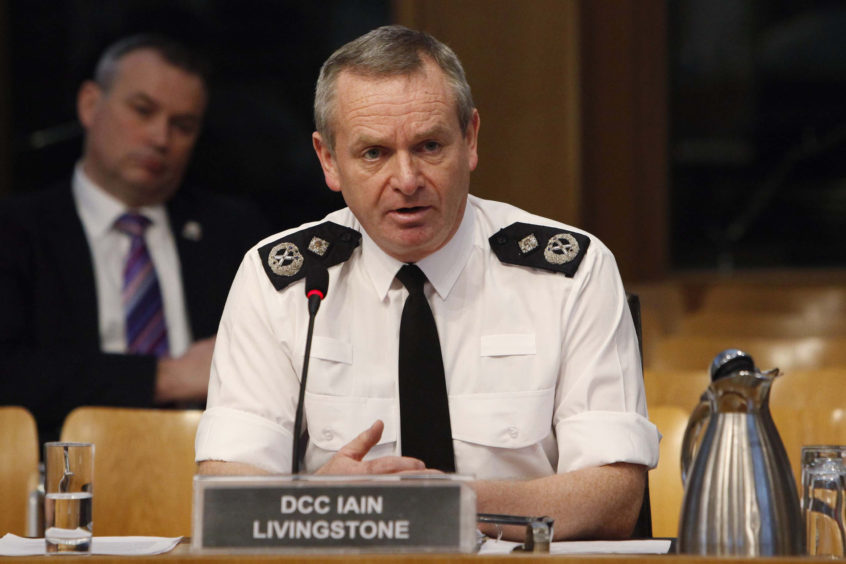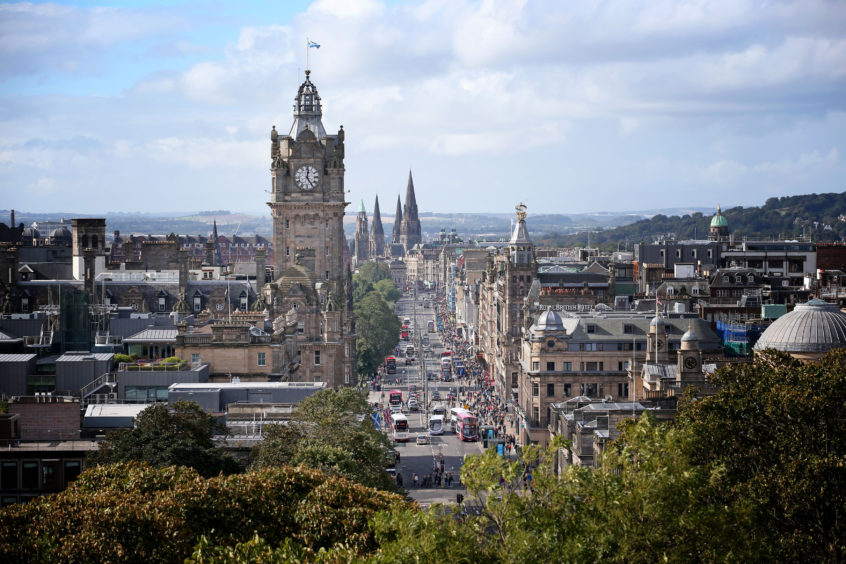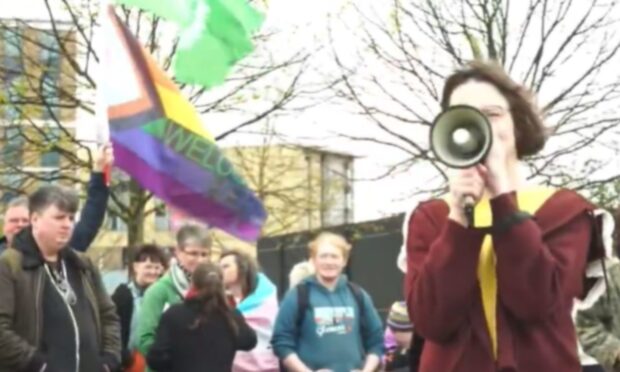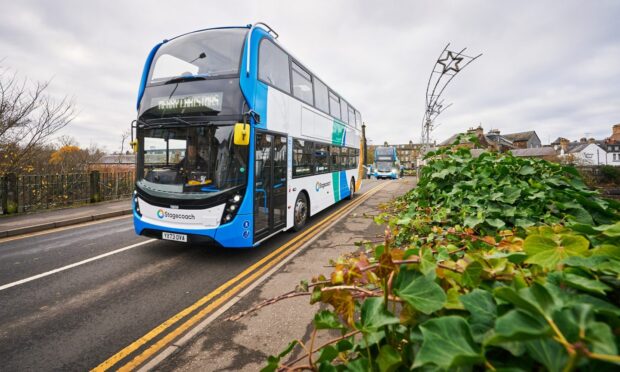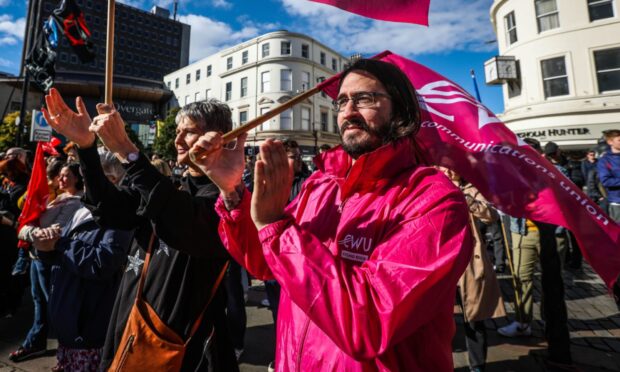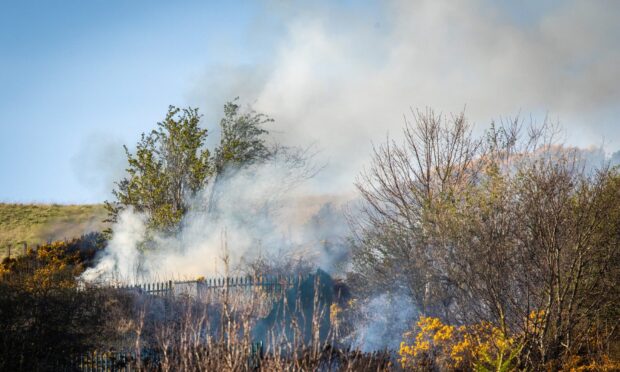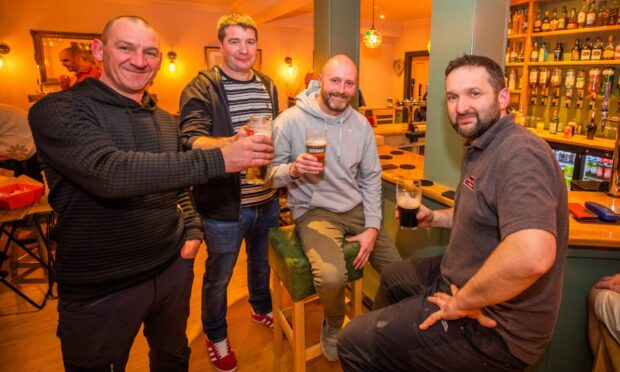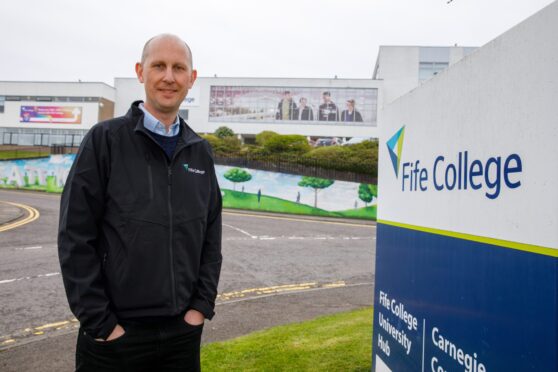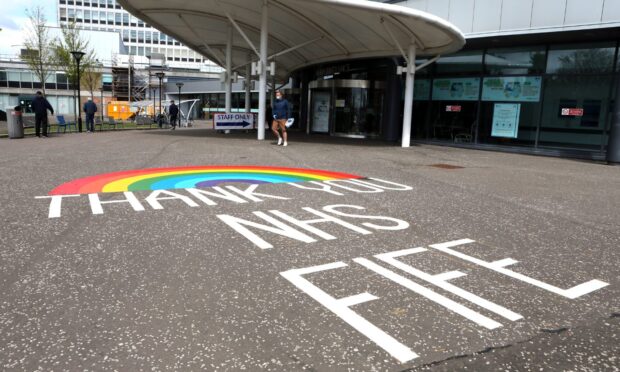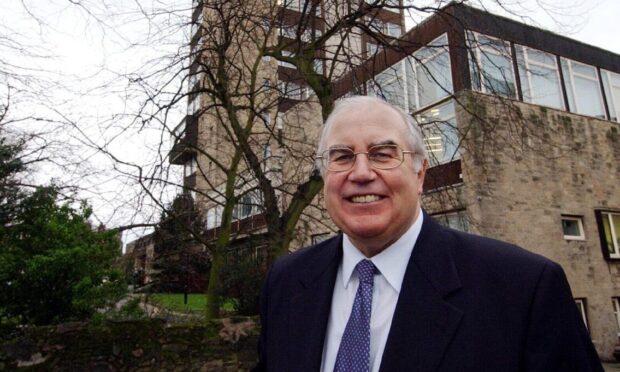Scottish finance secretary Derek Mackay will reveal his Budget on Thursday — but how did his plans for the last 12 months work out?
Mr Mackay said his Budget for 2019/2020 was designed to transform public services, rather than cut taxes. We look at how his plans worked out in reality.
Tax
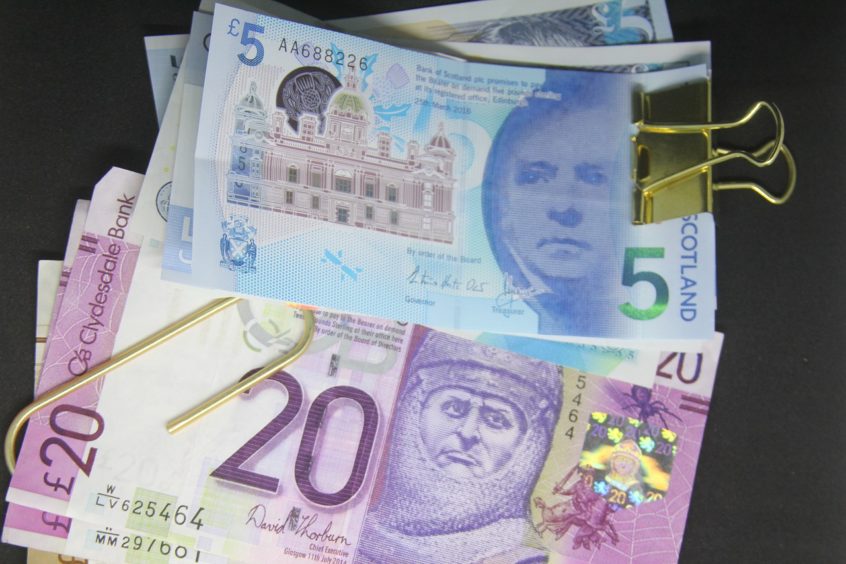
Scotland introduced its own tax rates in 2018, which means high earners pay more than those in England.
The new Scottish system introduced a 19% “starter” rate for those on low incomes, as well as a 21% rate for those who earn above the median salary.
It also adds a penny to the higher and top rates, bringing them to 41% and 46%.
Tax payers elsewhere in the UK face a basic rate of 20%, a higher rate of 40% and a 45% top rate.
It is estimated the new Scottish bands raised an additional £750 million in their first year.
Fears the higher bands would trigger an exodus of workers to England have not been realised.
Council tax
Local authorities were given the power to raise their council tax by up to 4.79%.
Twelve of Scotland’s 32 local authorities raised their council tax by this level, while Aberdeen residents saw their bills go up by 4.5%.
Perth and Kinross hiked their bills by 4% while Dundee City, Fife, Angus and Aberdeenshire all capped their rises at 3%.
Overall funding to councils in Scotland rose by 0.9% from 2018/19 levels but has decreased by 7.6% since 2013/14.
According to the Accounts Commission, local authorities are having to spend their cash reserves to make up for shortfalls in their budgets.
Health
Spending on health increased by £730 million compared to the previous year.
Although nearly half of the Scottish Government’s budget is spent on health, Audit Scotland warned in October that NHS Scotland may not be financially sustainable in the longer term.
And health bosses revealed this week they require £1 billion to patch up Scotland’s crumbling NHS estate.
Education
Last year’s budget included a £180 million real-terms increase in the education budget, with £120 of this as Pupil Equity Funding intended to help raise attainment levels.
Another £500 million was allocated to pay for the expansion of early years childcare, supporting the recruitment and training of staff and investment in building, refurbishment and extension of around 750 nurseries and family centres.
But there have been concerns that attainment levels are falling and that the number of children leaving school with no qualifications at all is on the rise.
Pay
Public sector pay for those earning less than £36,000 went up by 3% while those earning between £36,001 and £80,000 got a 2% rise.
Police
The Scottish Government also committed more money to its £2.9 billion justice budget, saying it was protecting Police Scotland’s budget in real terms.
But recent weeks have seen the force and the Police Federation Scotland hit out over buildings falling into disrepair, including in justice secretary Humza Yousaf’s own backyard.
Chief Constable Iain Livingstone also warned crime “could soar” as a result of chronic under funding of Police Scotland.
Car parking levy and tourism tax
The other two main announcements in last year’s Budget were part of the Green Deal to secure passage of the Budget through Parliament but have yet to come into force.
The car parking levy and tourist tax would give councils the powers to raise additional income through the new charges.
If introduced, the car parking levy would see employers pay a fee for every car parking space they provide. It would be up to businesses to decide whether or not to pass this charge onto their workers.
However, it would be up to individual councils to introduce the levy or not.
Critics have claimed it would penalise people simply for having to travel to work.
Consultation on a possible tourism tax ended last year. It would let councils impose an additional charge per hotel room per night.
Edinburgh City Council has said it intends to introduce the tax.
